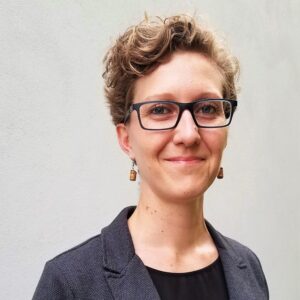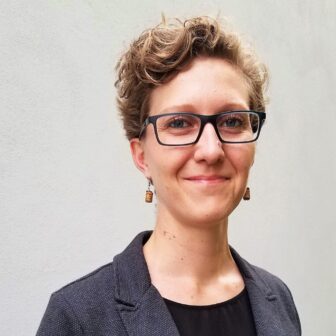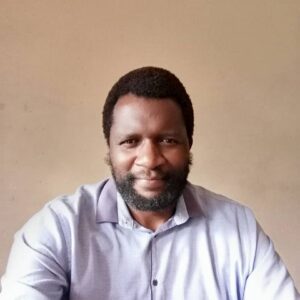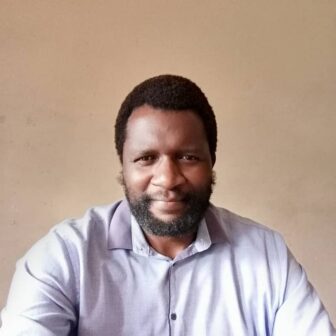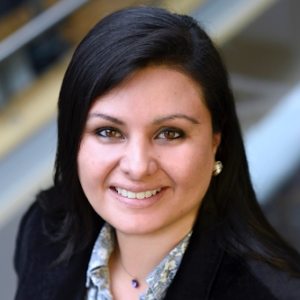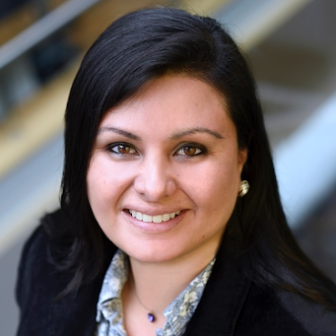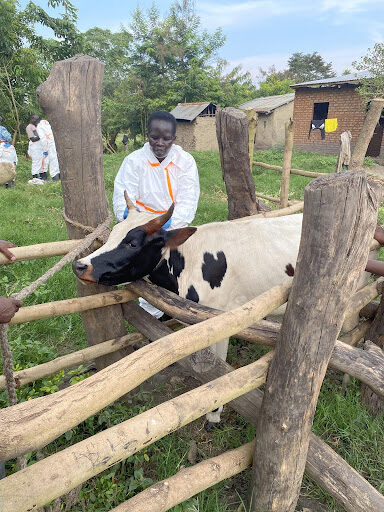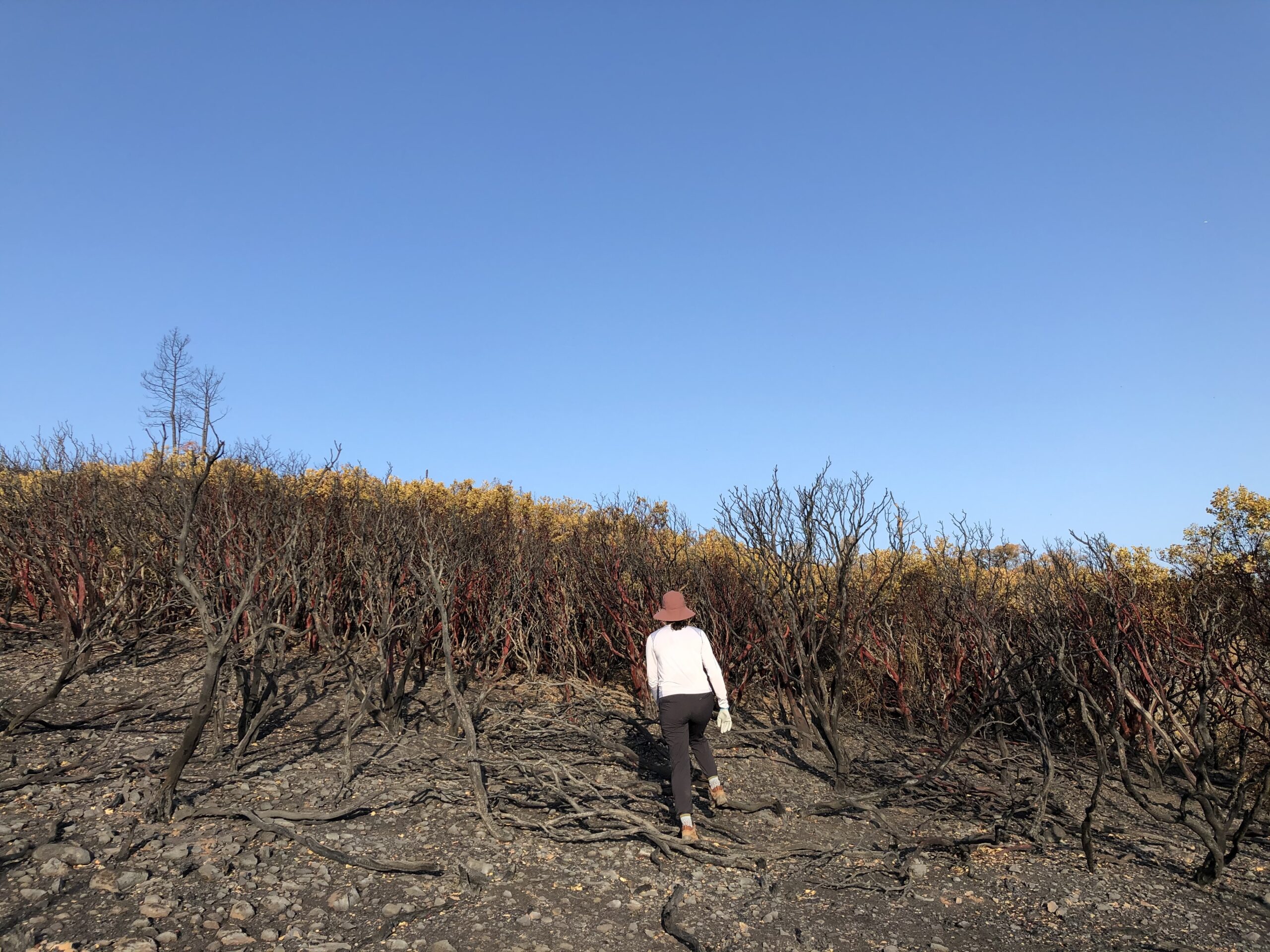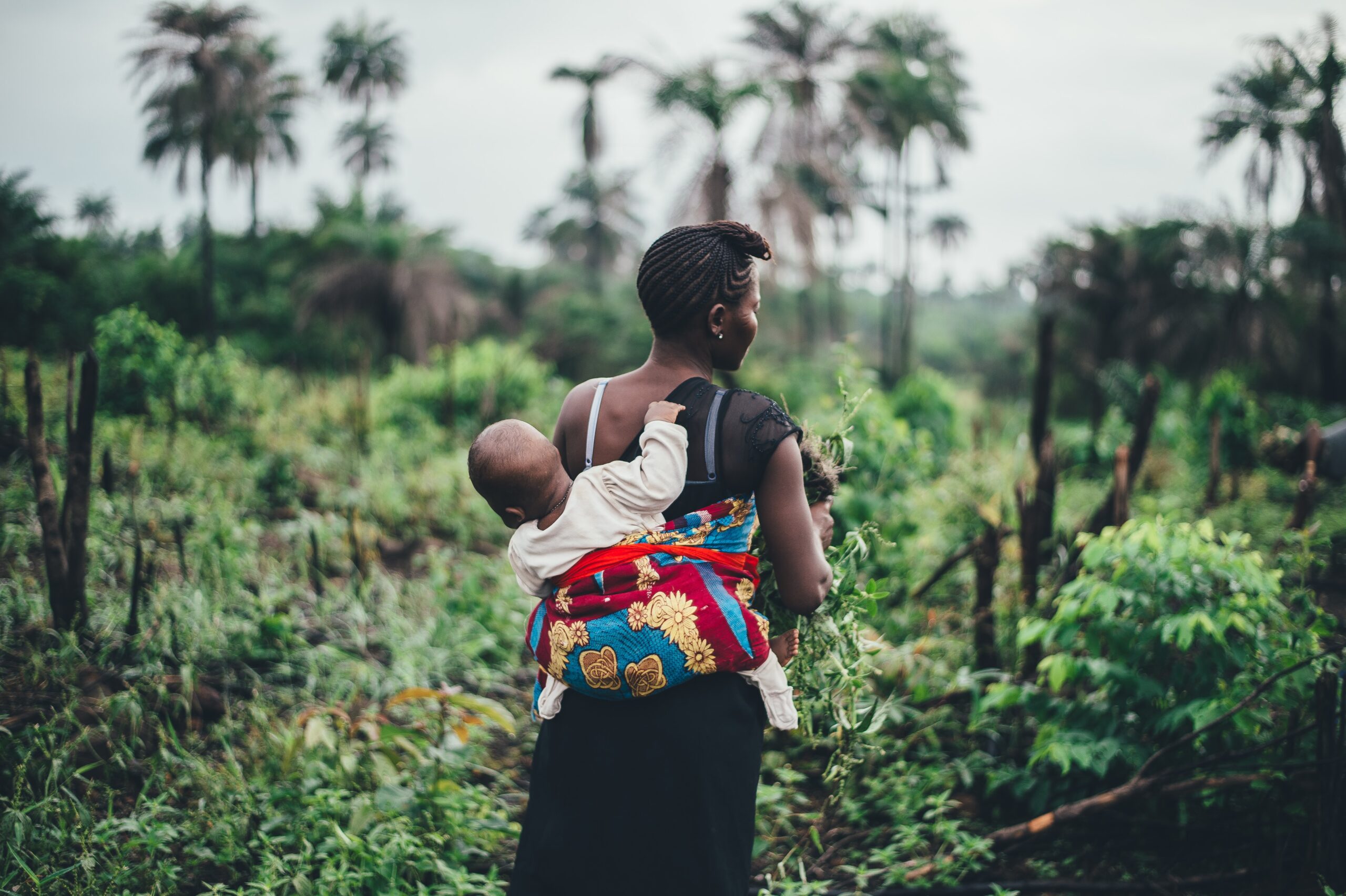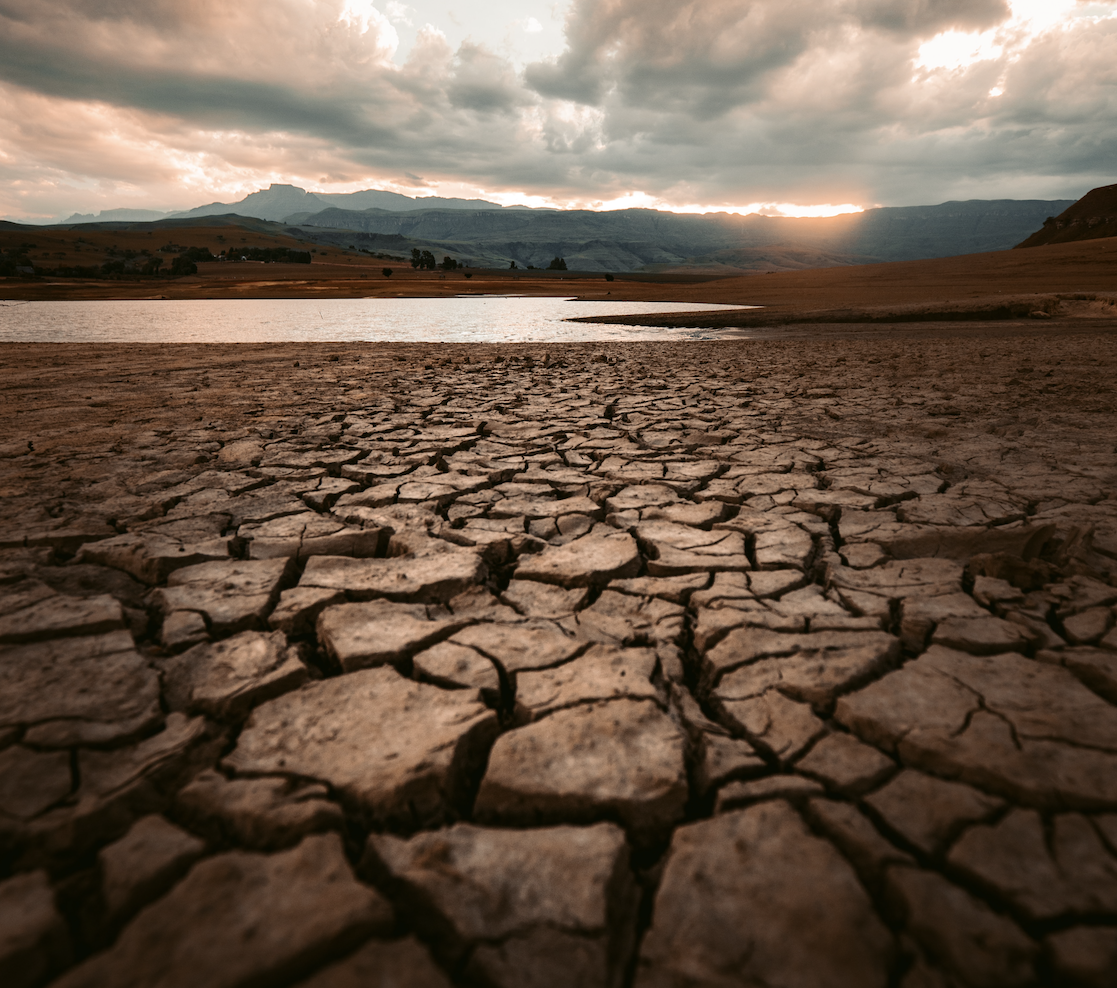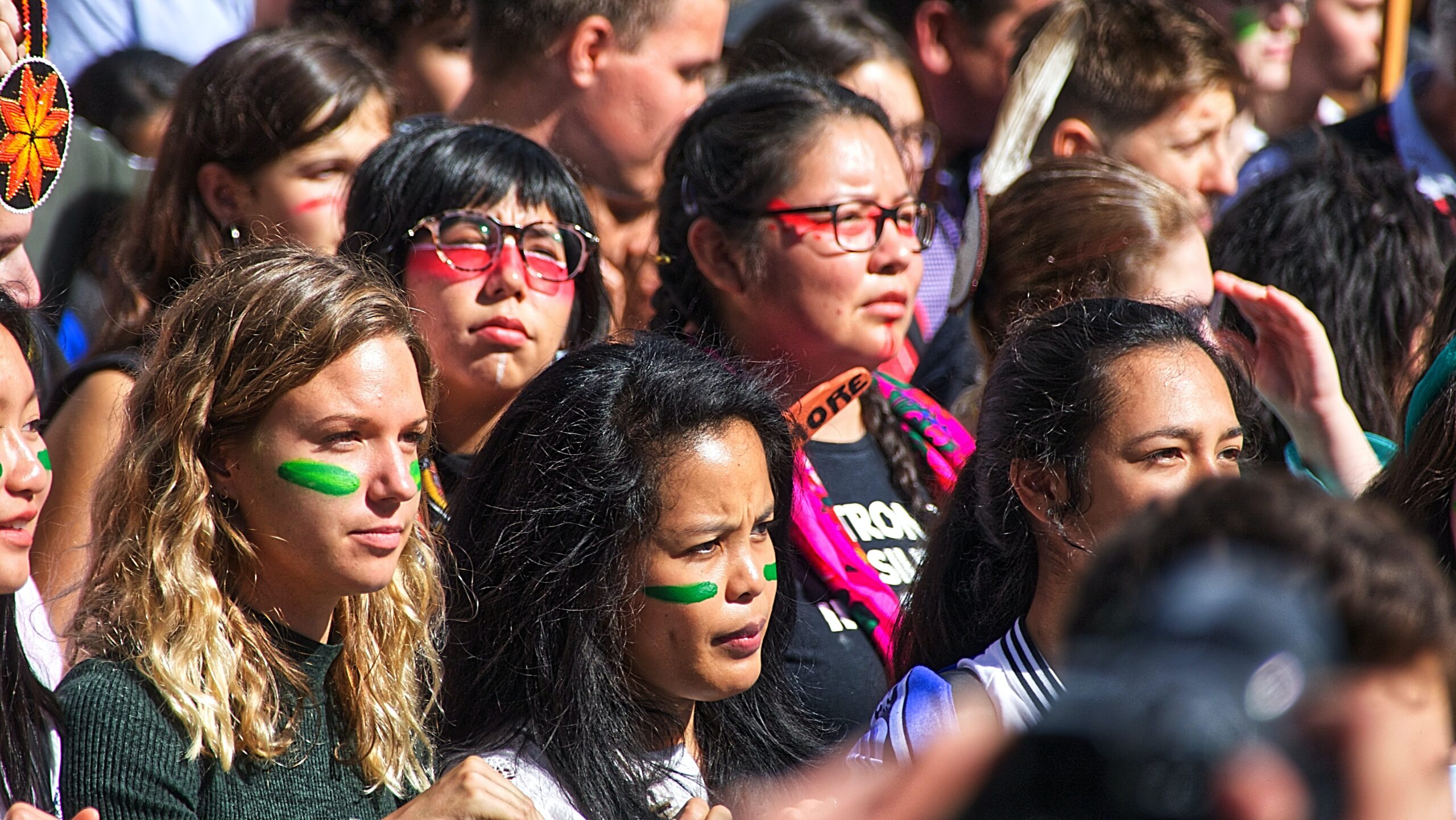Programs in Education
Planetary Health Postdoctoral Fellowship
The Planetary Health Postdoctoral Fellowship, managed collaboratively by our center and the Stanford Center for Human and Planetary Health, cultivates new knowledge and solutions at the intersections of health and the environment. Through two-year fellowships, the program supports early-career researchers in conducting mentored research on cutting-edge human and planetary health challenges – and developing solutions for a healthier future.
Photo Credit: Fintrac Inc.
Summary
Fueled by a sense of urgency to protect health in a rapidly shifting world – especially in historically marginalized communities – human & planetary health focuses on developing solutions that simultaneously promote health, environmental stewardship, and social impact. Through this two-year postdoctoral fellowship, early-career researchers conduct cutting-edge, interdisciplinary, solutions-oriented research by working with faculty mentors at Stanford and the London School of Hygiene & Tropical Medicine – building their careers in the field of planetary and developing critical new evidence and impact.
Founded by the Stanford Center for Innovation in Global Health, the fellowship is run in partnership with the Stanford Center for Human and Planetary Health, the Stanford Woods Institute for the Environment and the London School of Hygiene & Tropical Medicine (LSHTM).
This fellowship is funded by Stanford’s Sean N Parker Center for Allergy & Asthma Research, Diana Chapman Walsh, and LSHTM’s Peter Piot Fellowships for Global Health Innovation. Past funders include Moore Foundation and Bob and Kathy Burke.
Objectives
- Develop evidence on emerging health risks to protect vulnerable populations impacted by climate change
- Assess the health consequences of environmental inaction to drive new policies & interventions
- Identify strategies to simultaneously advance health, environmental stewardship & community resilience
- Train early-career researchers and provide opportunities to gain skills in new disciplines for human & planetary health impact
Application
We are now accepting applications for a new planetary health postdoctoral fellow. Apply via the link below.
More details on the program:
- Format of the fellowship: This fellowship is supported by both Stanford and LSHTM. Our next fellow selected from the current round of applications will be based at Stanford and receive mentorship and support from faculty and partners at both universities. Throughout the two-year fellowship, fellows interact with core faculty, work on research papers, and plan research activities.
- Research focus areas: Candidates are expected to apply with a specific research agenda in mind. Candidates are invited to select any focus area at the intersections of environment and health – with an emphasis on understanding and addressing upstream drivers and solutions. In their research activities, fellows are encouraged to engage with historically marginalized populations across diverse geographic settings. Based on the research interests of the fellow and their mentor(s), fellows will select a research focus and research site. Fellows may also select a research site in which they have previously been involved so long as a suitable faculty mentor can be identified. Areas of potential research include but are not limited to:
- Food security and the environmental impacts of crop and livestock production
- Healthy cities, clean air and water, sustainable transport
- The health implications of extreme weather events
- The impact of climate change and land use on infectious and vector-borne diseases
- The impact on health of environmental waste such as micro plastics
- The link between climate change and non-communicable diseases
- Requirements: Fellows will enjoy substantial time to pursue their research interests and will be expected to present their research both internally and at international meetings, as well as publish their research findings in international peer-reviewed journals. Fellows will also have the opportunity to contribute to teaching, for example as teaching assistants or guest lecturers, on relevant courses. Fellows are expected to actively participate in the development of planetary health at both Stanford and LSHTM, including through program development, participation in events and other activities, and student engagement.
- Eligibility: This fellowship program is open to researchers from anywhere in the world who are within three years of successfully completing their doctoral degree. Prior research output in the intersections of health and environmental science is a prerequisite. As instruction and support will be provided in English, high-level proficiency in the English language is a requirement of the fellowship. Candidates from a wide range of disciplines and backgrounds are invited to apply, including global health, health systems, epidemiology, health policy, environmental science, environmental policy, disease ecology, and more.
- Compensation: Fellows receive a competitive postdoctoral salary, full benefits, and modest travel and fieldwork budgets. To supplement the research funding available, fellows are invited to transfer existing awarded funding and encouraged to apply for additional research funding during their fellowship.
- Timeline: Applying to the fellowship entails two stages. In the first stage of the application, candidates are required to submit a CV and 1-page description of their proposed research project, due December 1, 2023. In the second stage, shortlisted candidates will be invited to submit additional materials – including a research proposal, submission video, and letters of recommendation – in Spring 2024. The selected fellow will start their two-year fellowship in September 2024.
Project Highlights
Our past and current fellows’ research spans a range a human & planetary health topics, including those highlighted below. Fellows are invited to propose any topic of human & planetary health research.
- Mental health & resilience: Researching mental health responses to environmental change in young people facing eco-anxiety and lower-resourced communities contending with climate disasters – and identifying opportunities to build resilience.
- Air quality & health: Assessing the impacts of climate change on air pollution and health – and how these findings can influence carbon pricing and build policy support for climate action.
- Ecology, agriculture & infectious disease: Exploring how ecological changes and agricultural practices impact local infectious disease transmission – and transcribing this knowledge to public health interventions.
Current Fellows

Alandra Lopez, PhD
Planetary Health Postdoctoral Fellow 2022-24
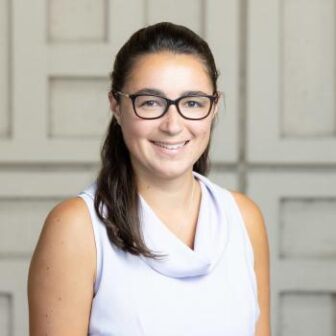
Alandra Lopez, PhD
Planetary Health Postdoctoral Fellow 2022-24
Alandra Lopez, PhD
Alandra Lopez, PhD, is a recent graduate of the Department of Earth Science at Stanford where she worked alongside Dr. Scott Fendorf, exploring the environmental and man-made factors driving the release of harmful contaminants into the environment.
Based at Stanford for this fellowship, Lopez hopes to use Stanford and LSHTM expertise in soil chemistry and mineralogy, air quality modeling, and respiratory and pulmonary health to investigate the health impacts of smoke from wildfires that are increasing in intensity and frequency across the globe.
Lopez will assess the prevalence and health impacts of potentially harmful metals in wildfire smoke – geogenic metals found in nature that get released during wildfires – to develop strategies to mitigate human exposure. She hopes to identify policies and interventions that can protect firefighters, outdoor workers, and communities impacted by wildfires in order to decrease their risks for lung cancer and cardiovascular disease.
“The Planetary Health Postdoctoral Fellowship is the ideal opportunity for me to further integrate environmental science and health in my research, focusing on solutions-oriented approaches to global wildfire smoke exposure in collaboration with impacted communities and planetary health leaders at Stanford and the London School of Hygiene and Tropical Medicine,” she said.
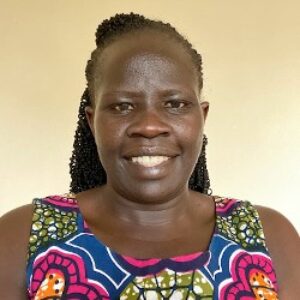
Stella Atim, PhD, DVM
Planetary Health Postdoctoral Fellow, 2022-24
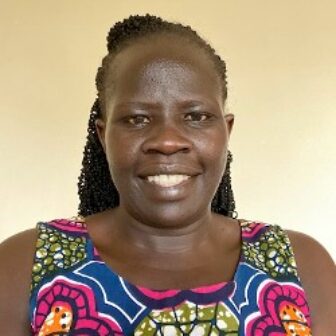
Stella Atim, PhD, DVM
Planetary Health Postdoctoral Fellow, 2022-24
Stella Atim is completing her PhD in emerging and re-emerging infectious diseases from Makerere University and University of Glasgow, where she has been investigating the epidemiology of deadly Crimean-Congo Haemorrhagic Fever (CCHF) in livestock farming communities along the cattle corridor in Uganda. Blood tests have found extremely high rates of CCHF antibodies along this corridor, raising concerns that environmental factors could be exacerbating the tick-borne illness.
She will be located at LSHTM’s MRC/UVRI and LSHTM Uganda Research Unit, where she will investigate environmental factors that might be contributing to the high prevalence of CCHF in Uganda. She will model man-made land use changes and climatic factors that may be driving a shift in the geographical range of ticks associated with the disease, as well as changes in livestock farming practices associated with exposure.
“Uganda is undergoing substantial changes in land use, population growth, deforestation, and weather changes, including erratic rains, floods, mudslides, and warming that are likely to increase the prevalence of ticks and the risk of tick-borne infections,” she said.
She hopes the data she gathers can help inform a public health early-warning system in Uganda and help to reduce the risk of CCHF spreading to other countries.
Past Fellows

Minghao Qiu, PhD
Planetary Health Postdoctoral Fellow, 2022-24

Minghao Qiu, PhD
Planetary Health Postdoctoral Fellow, 2022-24
Minghao Qiu received his PhD degree from MIT’s Institute for Data, Systems, and Society in 2021 and has worked at Stanford’s Department of Earth System Science with Dr. Marshall Burke.
Qiu’s work investigates the linkages between climate change and air pollution – along with policies that could help to mitigate their negative impacts on humans. Since witnessing the disastrous “Beijing Haze” in the winter of 2013, he has been passionate about understanding the complex relationships between health, pollution, and climate, as well as finding solutions to address these environmental challenges.
During his fellowship based at Stanford, Qiu explored the health impacts of climate-induced air pollution around the world – with attention to factors such as wildfire smoke and dust storms. He did so by leveraging household health surveys, as well as remotely-sensed environmental data. He hopes his findings can be used to better understand the full impacts of climate change – and identify policy solutions that can simultaneously achieve environmental justice, environmental quality, and sustainable development goals.
Learn more
For questions, please contact us at globalhealth@stanford.edu and include the name of the fellowship in the subject line.
